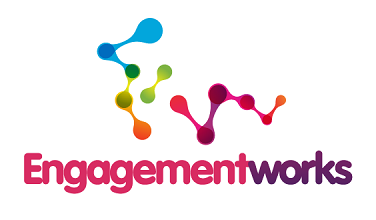Why is community engagement important? The answer to that question will be different for any organisation. For example a monopoly service provider, such as a council or a government agency, will see engagement quite differently to a business that depends on selling goods or services. Councils are not required to have a measurement for customer loyalty and their consequential reputation, whereas customer loyalty and reputation is mission critical for most businesses reliant on selling goods or services.
Public sector organisations can learn much from their counterparts in the private sector when it comes to understanding and managing their reputation and influence. In the private sector, reputation has everything to do with profitability and business success. In today’s online world an organisation’s reputation can be destroyed in the blink of an eye, which makes monitoring it and managing it carefully absolutely critical.
In the public sector, where organisations have a mandate to operate that is enshrined in law, the attitude towards reputation is somewhat different. They can still operate, irrespective of the views of their customers. This often leads to a very blinkered approach to any consideration of how customers feel about decisions made by public sector organisations and their ongoing impacts on people affected.
Reputation and influence are things that elected members rarely focus on at a governance level. Some sort of crisis requiring a reactive response is often they only time such governance groups focus on reputation. Once that matter has been “sorted” it drops off their radar, sometimes with little thought given as to why it occurred in the first place and what can be done to stop it happening again.
Sadly a lot of organisational focus for public sector engagement and communication is on what it costs. This is generally a good signal that reputation enhancement is not a priority and the value or benefits to that organisation from having a good reputation that’s worth investing in have not been thought of in those terms. In other words the organisational mind-set is in a wrong place.
Things like trust, respect and credibility should be part of a reputation KPI for any organisation, whether public or private. There are other high level outcomes that could be added to that list. Other measures, like sales made or return on investment will be shaped by those high level outcomes being achieved and should not be thought of as KPIs in themselves. While they may be easier to measure than things like trust, respect and credibility, just because something is hard to measure doesn’t mean that it can’t be. If that were true, then those things wouldn’t be able to be managed. And if that were true, then organisations that have great reputations and who are highly trusted and respected must have achieved that position by good luck?
Organisational performance is never straightforward and measuring success requires more than one source of reliable data. For example: Working out the fuel efficiency of a motorcar requires data from two sources – the car’s odometer and a fuel retailer’s pumping device. Working out the running cost of that vehicle requires the per litre cost of fuel to be known. This combination of reliable information can then shape decisions about whether driver training is a worthwhile investment to help reduce vehicle running costs.
Enhancing reputation and influence and the benefits that great engagement and communication practices can add can only be appreciated if there are clear outcomes set which can be supported by reliable information. That sounds easy but it’s really hard to do, even when an organisation’s mind-set is in the right place for that to happen. It’s impossible to do if it isn’t.




 RSS Feed
RSS Feed
